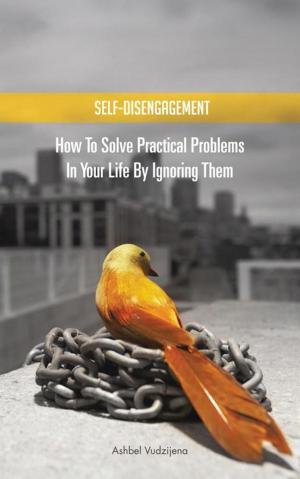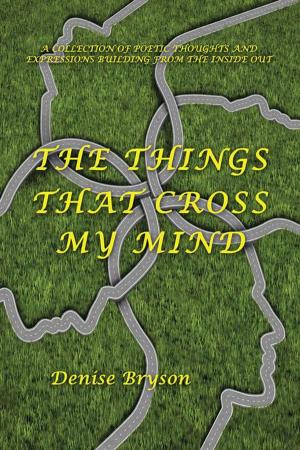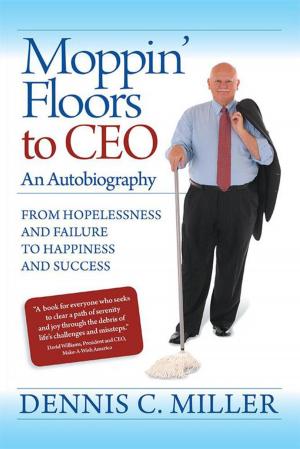God, Power, and Man
Nonfiction, Religion & Spirituality, Inspiration & Meditation, Inspirational, Social & Cultural Studies, Political Science, History| Author: | Dr. Safwat Bishara, Dr. Dalwat Bishara | ISBN: | 9781546232339 |
| Publisher: | AuthorHouse | Publication: | March 23, 2018 |
| Imprint: | AuthorHouse | Language: | English |
| Author: | Dr. Safwat Bishara, Dr. Dalwat Bishara |
| ISBN: | 9781546232339 |
| Publisher: | AuthorHouse |
| Publication: | March 23, 2018 |
| Imprint: | AuthorHouse |
| Language: | English |
God created man and bestowed power on him. Man was given dominion over the fish, fowl, and every living thing. Then evil entered the world. The second generation saw Cain slew his brother Abel. The cruelty and aggression of man did not stop there. It just took different shapes and forms. Even the religion of peace and love suffered from mans obsession with destructive power. For centuries, the pope in Rome exerted enormous control over the spiritual and social lives of Christians. Dissent was dealt with harshly. The innate human impulse for control persisted in Islam since its inception in the seventh century. The love of money has destroyed men and corporations. A blessing could become a curse if money is viewed as a goal rather than a means. Social media offered a platform for mans vanity, but it also brought sadness and agony for teenagers targeted by classmates armed with false allegations. Some succumbed to depression and took their lives. The digital revolution of the 1990s contributed significantly to our daily lives. Communication, health care, and shopping have been improved and made easier. But the power grid became vulnerable to hackers. For efficiency, the national grid is interconnected to allow more supply for regions with high demand at specific times. The dilemma is how to choose between efficiency and security. The first option is the logical choice, but mans uncanny ability to do harm has led many high-ranking officials to warn against the vulnerability of the grid. Obviously, life would essentially stop if the grid is brought down by a major cyberattack. Abuse of power by men over women is still dominant in some parts of the world. On a different scale, the Communist parties in China, Vietnam, and North Korea have a tight rein on more than 1.3 billion people.
God created man and bestowed power on him. Man was given dominion over the fish, fowl, and every living thing. Then evil entered the world. The second generation saw Cain slew his brother Abel. The cruelty and aggression of man did not stop there. It just took different shapes and forms. Even the religion of peace and love suffered from mans obsession with destructive power. For centuries, the pope in Rome exerted enormous control over the spiritual and social lives of Christians. Dissent was dealt with harshly. The innate human impulse for control persisted in Islam since its inception in the seventh century. The love of money has destroyed men and corporations. A blessing could become a curse if money is viewed as a goal rather than a means. Social media offered a platform for mans vanity, but it also brought sadness and agony for teenagers targeted by classmates armed with false allegations. Some succumbed to depression and took their lives. The digital revolution of the 1990s contributed significantly to our daily lives. Communication, health care, and shopping have been improved and made easier. But the power grid became vulnerable to hackers. For efficiency, the national grid is interconnected to allow more supply for regions with high demand at specific times. The dilemma is how to choose between efficiency and security. The first option is the logical choice, but mans uncanny ability to do harm has led many high-ranking officials to warn against the vulnerability of the grid. Obviously, life would essentially stop if the grid is brought down by a major cyberattack. Abuse of power by men over women is still dominant in some parts of the world. On a different scale, the Communist parties in China, Vietnam, and North Korea have a tight rein on more than 1.3 billion people.















